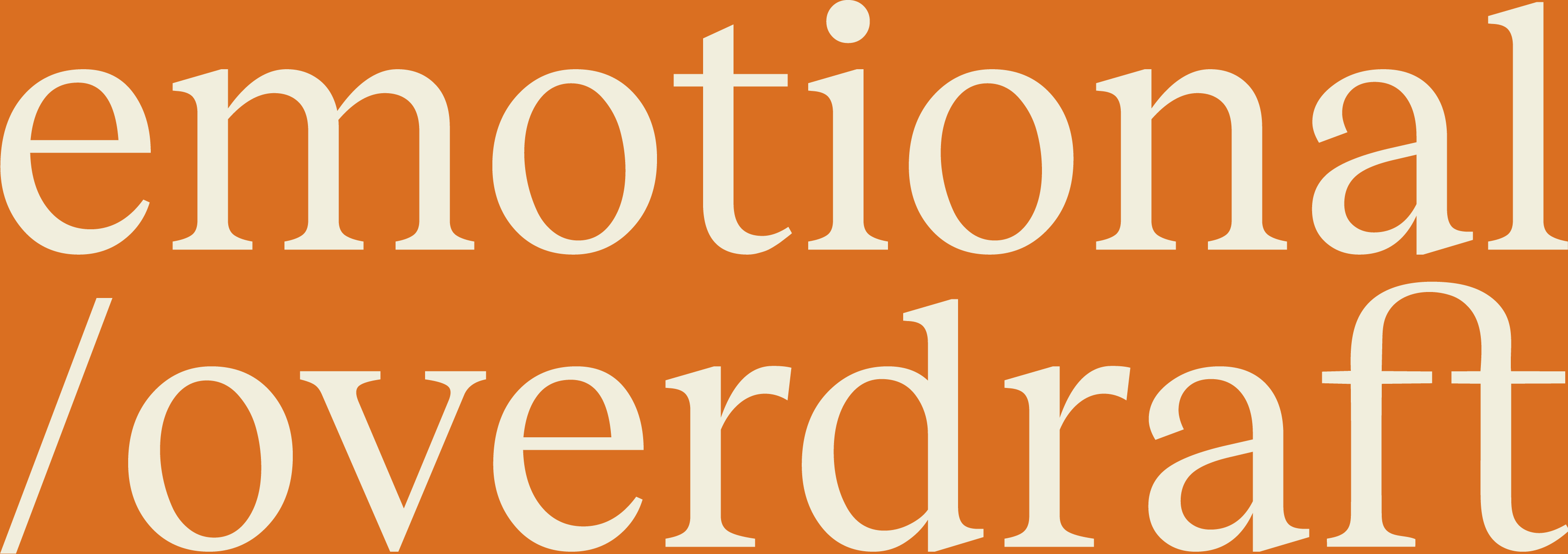My business founder client recently shared a great article with me (thanks, Nick).
It’s an interesting and important read, aimed at helping leaders to identify and focus on the things that matter to individuals in their teams and to empower them to acknowledge their own accomplishments. It matters because to be an excellent leader, you need to be able to give recognition that goes beyond the surface level, ‘obvious’ stuff you see.
The article calls this ‘reflective recognition’.
I’ve summarised the key insights below and would urge you to read the article in full here.
The Challenge with Traditional Recognition: Traditional forms of recognition often fall short because they rely solely on what leaders can see or learn about from others. This method may overlook the less visible, yet significant, contributions of employees.
The Impact of Recognition on Engagement and Retention: Plenty of research underscores the vital role of recognition in fostering employee engagement and retention. Employees who feel recognised by their managers are over 40% more engaged, exhibit more discretionary effort, and are less likely to leave their jobs.
Introducing Reflective Recognition: Reflective recognition is an inquiry-based approach that invites individuals or groups to reflect on and share their proudest achievements and the reasons behind them. This technique offers a deeper, more meaningful way to acknowledge employees’ contributions.
Steps to Implement Reflective Recognition:
- Invite Individuals to Share: Initiate conversations with employees by asking about their recent work, what they’re proud of, or challenges they’ve navigated. This open-ended inquiry encourages employees to share their perspectives and accomplishments.
- Probe Positively: As humans, we have a tendency to minimise our accomplishments and maximise our shortcomings. As a leader, you can help people dig into their achievements and uncover together what it took for them to do what they did.Help employees delve deeper into their achievements by asking probing questions that highlight their effort, learning, and progress. This step counters the common tendency to downplay personal successes.
As they are sharing — and they will likely reveal what is most important to them — listen for the barrier they overcame, the sacrifices they made, the struggles they worked through, to do all they did. - Reflect Back: After listening to their stories, reflect on what you’ve heard. Acknowledge the specifics of their efforts, the challenges they’ve overcome, and the impact of their work. This validation reinforces their value to the team and organisation.
Real-World Application:
Consider Alia, a training manager who wished her boss would recognise her creative efforts rather than just her organisational skills. Reflective recognition addresses this gap by uncovering and appreciating the unseen hard work and creativity employees like Alia put into their projects.
Benefits of Reflective Recognition:
- Builds a culture of appreciation where employees feel genuinely seen and valued.
- Enhances engagement by encouraging individuals to reflect on their progress and achievements.
- Fosters a deeper connection between leaders and their teams by revealing personal motivations and efforts.
Reflective recognition stands out as a simple yet profoundly impactful approach to fostering a supportive and appreciative workplace culture. Incorporating this technique into regular interactions means leaders can more effectively recognise and celebrate the diverse contributions of their teams.
It’s a great way to reduce your own emotional overdraft and the emotional overdrafts of those around you.










